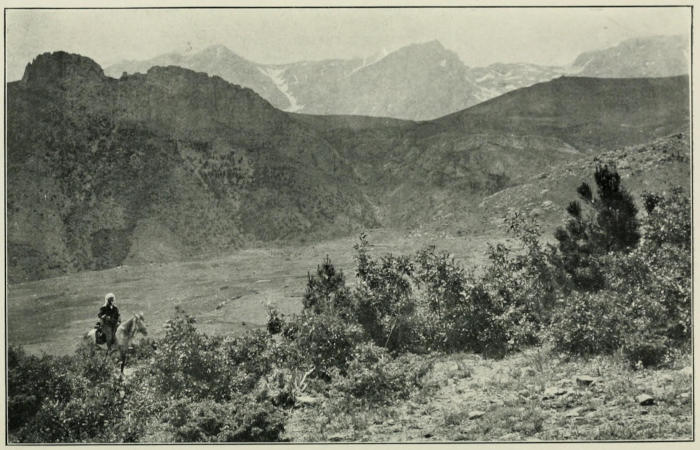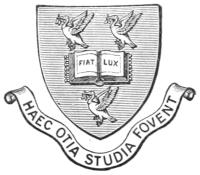
BULGHAR MADÊN: APPROACHING THE TAURUS MOUNTAINS
The village lies in the valley between the two ridges.
Frontispiece (See p. 43.)
THE
LAND OF THE HITTITES
AN ACCOUNT OF RECENT EXPLORATIONS AND
DISCOVERIES IN ASIA MINOR, WITH DESCRIPTIONS
OF THE HITTITE MONUMENTS
With Maps and Plans
Ninety-nine Photographs and a Bibliography
BY
JOHN GARSTANG D.Sc. B.Litt. M.A.
RANKIN PROFESSOR OF THE METHODS AND PRACTICE OF
ARCHÆOLOGY IN THE UNIVERSITY OF LIVERPOOL; FELLOW
OF THE SOCIETY OF ANTIQUARIES OF LONDON
HON. MEMBER OF THE SOCIETY OF NORTHERN
ANTIQUARIES, COPENHAGEN
LONDON
CONSTABLE AND COMPANY, LTD.
10 ORANGE STREET, LEICESTER SQUARE, W.C.
1910
University of Liverpool

Institute of Archæology
TO MY WIFE
The history of ancient Oriental civilisation is slowlyrevealing itself to the excavator and archæologist.Scientific excavations have been carried on in Egypt,Assyria, Babylonia, and Palestine; it is now the turnof Asia Minor, both north and south of the Taurus;and there are indications that the revelation whichAsia Minor and the neighbouring lands of Syria havein store for us will be even more startling than thatwhich has come from Egypt and Babylonia. Therewe already knew that great empires and wide-reachingcultures had once flourished; the earlier historyof Asia Minor, on the other hand, was a blank. Butthe blank is beginning to be filled up, and we arelearning that there too an empire once existed, whichcontended on equal terms with those of the Nile andthe Euphrates, and possessed a culture that formed alink between the east and the west. What I oncecalled the forgotten empire of the Hittites is at lastemerging into the light of day, and before long much[viii]that is still mysterious in the art and religion ofGreece and Europe will be explained.
This much has already been ascertained by theexcavations made by the German expedition underProfessor Winckler at Boghaz-Keui, north of theHalys, the site of the Hittite capital. But there aremany other sites in Asia Minor and northern Syria